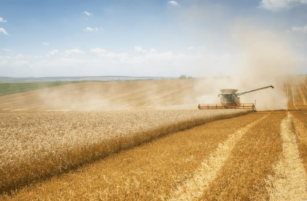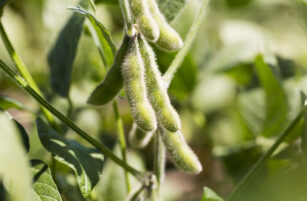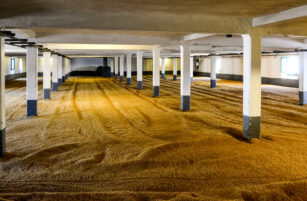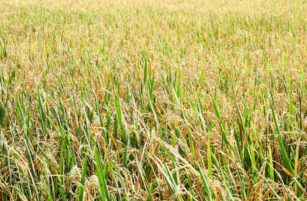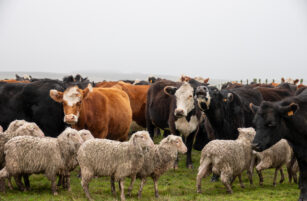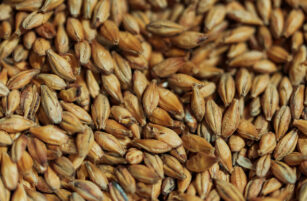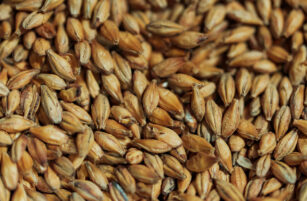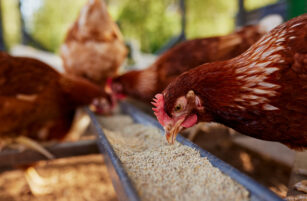Insight Focus
- No deal achieved in Russian-Turkish talks on opening Black Sea ports
- Famine looms in Somalia
- US administration divided over response to food crisis
The arguments over and need to enable grain exports from Ukraine via the Black Sea came into sharp focus this week.
“This year’s food crisis is about lack of access. Next year’s could be about lack of food,” UN Secretary-General António Guterres said at the launch of the latest report by his Global Crisis Response Group.
“We need to bring stability to global food and energy markets to break the vicious cycle of rising prices and bring relief to developing countries. Ukraine’s food production, and the food and fertiliser produced by Russia, must be brought back into world markets – despite the war,” he added.
World Trade Organisation Director General Ngozi Okonjo-Iweala told the BBC that the food crisis gathering pace since Ukraine was invaded could last years rather than months if decisive action wasn’t taken.

Opening up Black Sea Grain Exports
Talks in Turkey on a UN plan to allow Ukraine to export grain from its Black Sea ports produced no specific results. Reuters quoted Turkish Foreign Minister Mevlut Cavusoglu (on right in picture above) as saying after a meeting with his Russian counterpart, Sergei Lavrov, that the plan was “reasonable”.
However, Lavrov said the onus was on Ukraine to solve the grain shipments problem by clearing mines from its Black Sea ports and that Russia needed to take no action because it had already made the necessary commitments to guarantee the safety of vessels leaving Ukrainian ports and heading for Turkish waters.
The Ukrainian foreign ministry, however, dismissed Lavrov’s assurances as “empty words” that Russia would not exploit the situation if Ukraine were to allow grain shipments to leave safely via the Black Sea, Reuters reported.
As far as grain exports from Russia itself go. The Interfax news agency quoted Kremlin spokesman Dmitry Peskov as saying the delivery of Russian grain to global markets would require “an alteration of the sanctions, both direct and indirect, the sanctions related to ship insurance, the impossibility of calls at European ports and so on in regard to ships carrying this grain.”
‘No Alternative’

Speaking of proposals to use alternative routes to the Black Sea to export grains, Ukrainian Grain Association President Nikolay Gorbachov told the BBC it was impossible. Ukraine exported “6-7 million tonnes of grain and oil seeds per month [via its Black Sea ports],” he said, but through the “Western border we can get across one, at best one-and-a-half million.”
Grain Theft, Destruction Accusations
Britain’s farming minister Victoria Prentis called for an immediate investigation into allegations that Russia had been stealing grain from Ukraine, Reuters reported.
The Russian government denies the allegations. However, Interfax reported that Russian-held territories of the Zaporizhzhya region were supplying grain to the Middle East, head of the region’s Russian-appointed interim military-civilian administration Yevgeny Balitsky said.

Interfax also quoted President Vladimir Putin as saying Russia was almost completed demining the occupied Ukrainian ports of Berdyansk and Mariupol on the Sea of Azov. “We are ready to ensure the trouble-free export of Ukrainian grain too, through those ports. Go ahead,” Putin said.
However, the official Ukrainian news agency Ukrinform said several thousand tonnes of sunflower seeds and oil were destroyed in a fire caused when the Russians attempted to restore power to the Mariupol-based Satellite Plant.
A Russian airstrike also destroyed at least two warehouses at the Nika-Tera grain terminal in the southern Ukrainian city of Mykolaiv on Sunday, the Washington Examiner quoted the city’s mayor as saying.
Somalia Famine Warning

The surge in food prices as a result of the war is contributing to crises in many poor countries.
This combined with a drought means around 50% of Somalians or 7.1 million people are are facing crisis-level food insecurity or worse through at least September; of these 213,000 people will face catastrophic hunger and starvation, more than doubling since April, the UN Humanitarian Coordinator for Somalia Adam Abdelmoula said in a statement.
In Sudan, farmers told Reuters the government failed to buy their wheat under promised terms earlier this year. This meant they did not have the money to fund the new crop now against the backdrop of soaring fuel and fertiliser prices.
Egypt is in discussions to import 500k tonnes of wheat from India in a deal that may include the export of products such as fertilizers in return, Supply Minister, Aly El-Moselhy told Bloomberg in an interview.
India’s surprise restrictions on wheat exports have prompted rice traders to increase purchases and place unusual orders for longer-dated deliveries, fearing the world’s top rice exporter may restrict those shipments as well, four exporters told Reuters.
US Government Divided

Faced with limited time and few options, the US administration is torn over how to deal with the looming food crisis, the Wall Street Journal (behind paywall) reported.
At the centre of a debate between administration officials is a proposal to offer a six-month waiver of sanctions on Belarus’ potash fertilizer industry in the hope that it might compel Belarusian President Alexander Lukashenko to allow a rail corridor for Ukraine’s grain.
The WSJ said State Department officials doesn’t want to lift sanctions and say the idea lacks any real potential of working, in part because Lukashenko is unlikely to agree to a deal because of his close ties to Putin, according to those involved in the discussions. Officials at the White House’s National Security Council believe that while complicated, the idea is among the only viable alternatives to consider.


